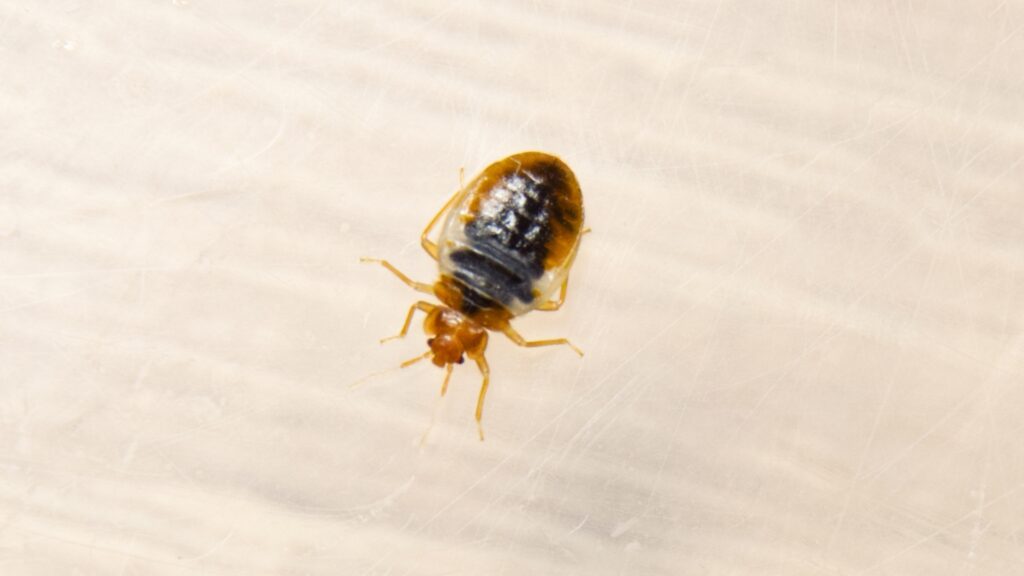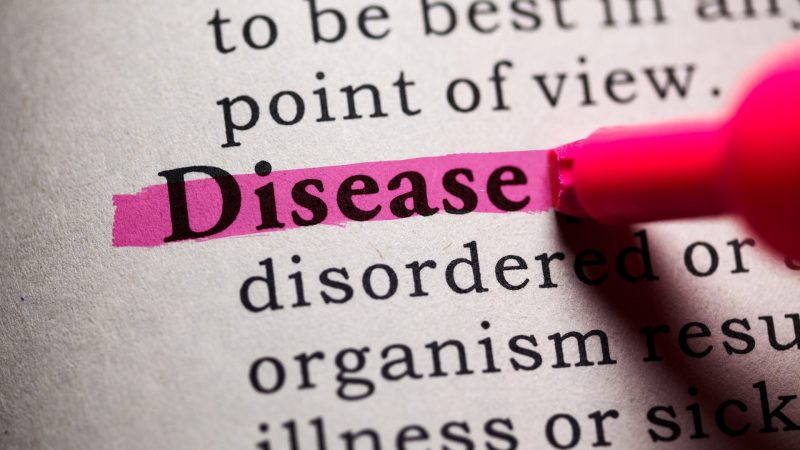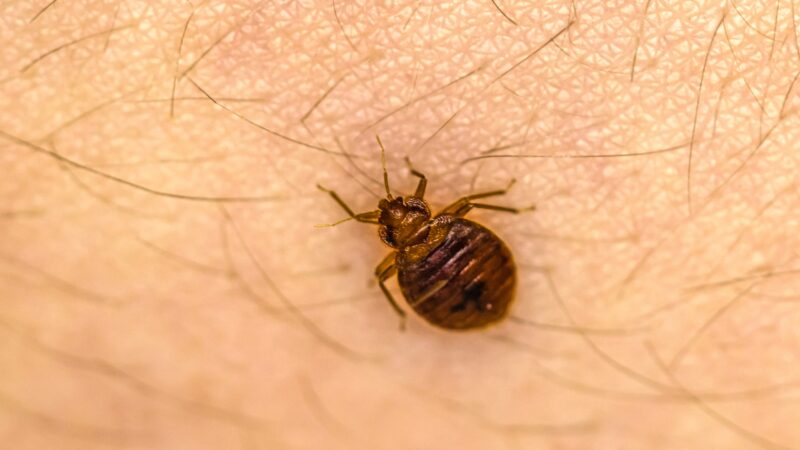We all know that bed bugs are extremely annoying. But can these creatures actually be dangerous for our health?
Bed bugs can spread diseases, such as Chagas disease. Moreover, the bites of these insects can lead to secondary infections or cause allergic reactions.
Bear in mind that everyone might have a different reaction to the bite of a bed bug. Some people might not even develop a mark, while others will have an allergic reaction. In case you want to find out more about the common health problems that bed bugs cause, then keep on reading.
Do Bed Bugs Carry Diseases?

Bed bugs have infections in their bodies. In actuality, diseases including more than 45 bacteria, viruses, protozoa, and other organisms have been found in bed bug bodies.
Chagas Disease

For a very long time, scientists failed to prove that bed bugs can carry diseases. But recently it has been discovered that these insects can actually transmit a certain parasite (Trypanosoma cruzi). The bad news is that this parasite can cause something known as ‘Chagas disease’ – one of the most dangerous diseases in Central and South America.
The disease is also known as ‘American trypanosomiasis’. The disease is spread mainly by “kissing bugs”. During the early stage, the person that got infected will, most likely, have a fever, a headache, and swollen lymph nodes. As the illness progresses, it might cause the enlargement of the ventricles of the heart, the esophagus, or the colon.
The symptoms might need decades to develop. Nevertheless, Chagas disease impacts more than six million people every year and around 50.000 people die annually because of the consequences.
The insects do not transmit the illness while biting you. Their feces are what can cause problems. As we already know, bed bugs feed on a host that is usually fast asleep. After that, the insect would usually deposit the feces onto the person (that can even be on the human’s face). People can also get infected through open wounds.
The main reason why it took so long for the researchers to discover this information is that Chagas disease is a ‘silent killer’ and sometimes the patients might not have any symptoms. However, in most cases, those who are infected, die of problems with the heart or digestion and neurological issues.
40 Different Pathogens

The reasons why we had no proof that bed bugs can transfer diseases for so long are the complexities of the studies. It was assumed that the insects might carry quite a wide range of different illnesses.
It is believed that bed bugs can be the carriers of hepatitis B. In this case, the insects act as vectors of the disease. HBV has been found in the feces of the infected insects. Fortunately, scientists failed to demonstrate how the virus can be multiplied and transmitted to chimpanzees.
Bed bugs can also be infected by C. burnetii, spores that are responsible for Q fever. In the 1960s, C. burnetii was found in field-collected bed bugs in a region in Russia. The people that lived in the area were 29.2% more likely to get infected. However, that might be because tics, for example, are able to transmit C. burnetii as well.
Health Dangers of Bed Bugs

Allergic Reaction
You might have an allergic reaction to a bed bug’s bite. In such a case, the bite mark will be a bit bigger and the itching might be unbearable. You can also have a burning sensation. However, everyone can react to the bite in a different way. Even an allergic reaction can vary.
In the most serious cases, bed bug bites can cause anaphylactic shock. This might happen, in case you have an allergy, asthma, or low immunity. Thankfully, these are relatively rare reactions to bites, but we should all be aware that such outcomes are possible.
Secondary Skin Infections
One of the most dangerous things about a bed bug bite is the fact that the mark can itch a lot. Of course, in such a case, a human would start to scratch his or her skin. If there are a lot of bites, then the itching can be extremely severe and people will end up scratching their skin off.
This can lead to secondary skin infections. The wounds can get infected if you fail to treat them properly. The complications include such conditions as lymphangitis (an infection that affects the lymph system), ecthyma (an ulcerative pyoderma of the skin), and impetigo (a bacterial infection).
In case you are afraid of bed bugs and their bites, you might develop insomnia. Sleep deprivation affects a human’s immunity. Moreover, it can increase stress levels and anxiety.
What Are the High-Risk Groups?
Even though bed bugs don’t really care whose blood they are going to suck during the night, there are a few high-risk groups that have to be extra careful, in case the house is infested with bed bugs.
- Bedridden patients, for example, are at high risk because they are exposed to bed bugs 24 hours per day. This insect does not necessarily have to wait for it to get dark to attack a human.
- Usually, kids are more likely to develop an allergy to bed bug bites. However, you would not want the bed bugs to get anywhere near your child, now that you know that these insects can be disease transmitters, right?
- It is a well-known fact that, in most cases, senior people have a weaker immune system. Bed bugs can certainly cause allergy and itching in this category of people. But the elderly are also more likely to suffer from sleep disorders and anxiety, in case there is a bed bug infestation.
It is incredibly important to treat a bed bug infestation as soon as you figure out that your house has such a problem. It is not pleasant to know that you are treated as a meal and that there might be a colony of bed bugs under your mattress. But the truth is that the situation might be even more dangerous than you could have ever imagined.
List of Sources
Bedbugs. Mayo Clinic.
Delaunay, P., et al. Bedbugs and Infectious Diseases. Clinical infectious diseases.
Koehler, P. G., Pereira, R. M., Pfiester, M., Hertz, J.. (2011). Bed bugs and blood-sucking conenose. EDIS.
- How to Get Rid of Copperheads | Practical Guide - August 27, 2023
- How to Get Rid of Corn Snakes | What Makes Them Aggressive? - August 27, 2023
- How to Get Rid of Alligators | Safety Measures and Removal Methods - July 16, 2023
